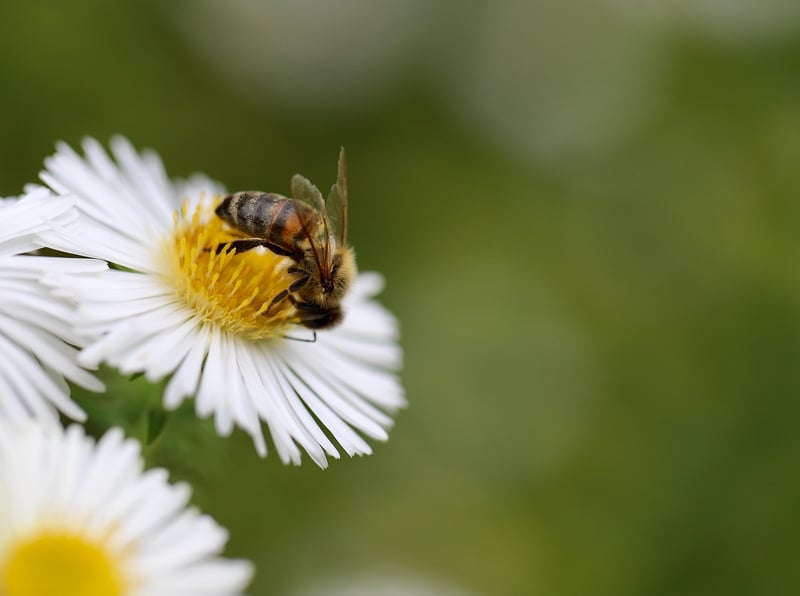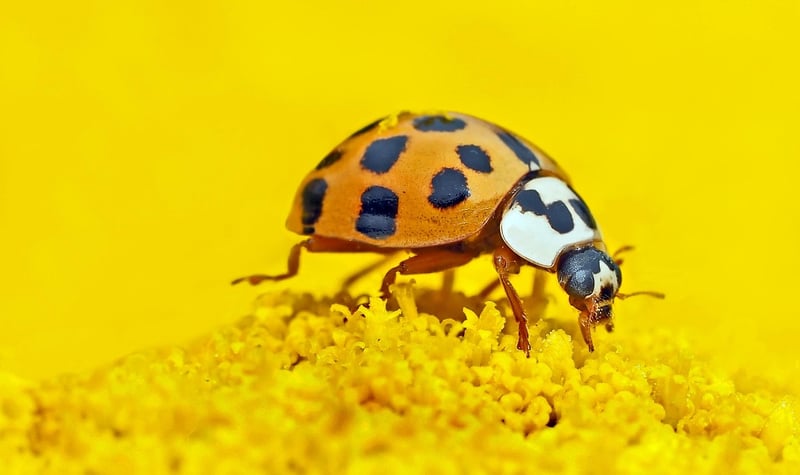Pollinator Habitats
Bringing Nature to Cities: Creating Pollinator Habitats
As urban areas continue to expand, it's becoming increasingly essential to integrate nature into city spaces. One way to do this is by creating pollinator habitats within urban environments. Pollinators play a crucial role in the ecosystem by facilitating the reproduction of plants, including many food crops. By providing these essential creatures with suitable habitats in cities, we can help support biodiversity and foster a healthier environment for all.
Benefits of Pollinator Habitats in Cities
- Promoting Biodiversity: Pollinator habitats attract a variety of insects and birds, contributing to the diversity of species within urban areas.
- Food Production: By supporting pollinators, we also enhance food production as many crops rely on pollination for reproduction.
- Beautification: Pollinator gardens add beauty to urban landscapes, making cities more visually appealing for residents and visitors.
- Environmental Health: Pollinator habitats contribute to cleaner air, water, and soil, improving overall environmental quality in cities.
Creating a Pollinator-Friendly Space
Designing a pollinator habitat in a city doesn't have to be complicated. Here are some simple steps to get started:
- Choose Native Plants: Select native plant species that are attractive to pollinators and well-suited to the local climate.
- Provide Water Sources: Include birdbaths, shallow dishes, or small ponds to offer water for pollinators.
- Avoid Pesticides: Refrain from using pesticides in your pollinator garden to protect the health of pollinating insects.
- Create Shelter: Incorporate features like bee hotels or brush piles to provide nesting sites for pollinators.
Get Involved in Urban Pollinator Conservation
Whether you're an individual looking to make a difference or a community group seeking to enhance your neighborhood, there are numerous ways to get involved in urban pollinator conservation:
- Volunteer at local community gardens or parks with pollinator habitats.
- Support initiatives that promote pollinator-friendly practices in urban planning.
- Participate in educational workshops or events focused on pollinator conservation.
- Advocate for policies that protect pollinators and their habitats in urban areas.
By coming together to create pollinator-friendly spaces in cities, we can make a significant impact on the well-being of pollinators and the environment as a whole.

Let's work towards a greener, more sustainable future for our cities by embracing and nurturing the vital role of pollinators in urban ecosystems.
